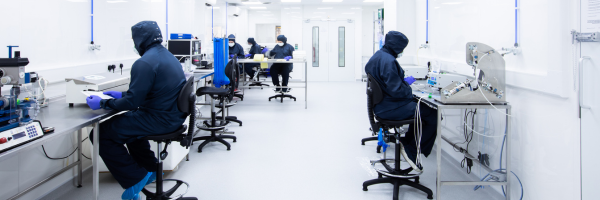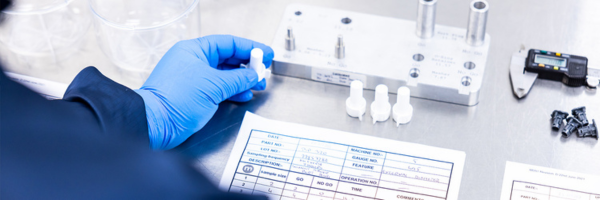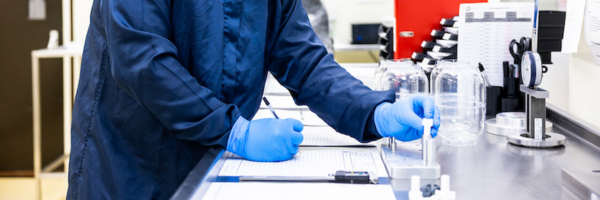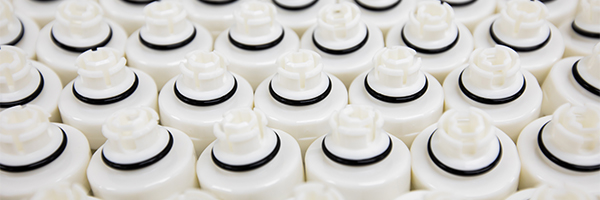
When designing a medical device it is always important to bear in mind that there are ultimately two end-users. The first end user is the medical staff member, who will be using the device to administer treatment to a patient. The second is the patient themself. Medical device design needs to take both into consideration.
Medical staff want devices that are easy to understand and handle, straightforward to set up, and easy and safe to use and dispose of. The patient, meanwhile, wants a medical device that works effectively and efficiently, and is as comfortable or pain-free as possible when used.
Practicality versus awe-inspiring design
When using specialist design software to render 3D images of a single-use medical device, the possibilities are endless and designers may succumb to making their medical device so impressive it will inspire awe in medical professionals.
But what may work on a computer screen may be entirely impractical for use in the field. Sometimes complex designs are required but sometimes the simple approach works best – after all, all you need to hold pieces of paper together is a bent piece of metal.
Cognitive walkthrough in medical device design
In medical device design there is a process called cognitive walkthrough, a method of visualising how the device will be used in situ. A cognitive walkthrough will help identify aspects of the design that will or will not work in various scenarios. For instance, will your medical device work effectively and efficiently when being used on a patient in distress who needs oxygen supply but is unlikely to stay still due to pain or maybe even convulsion?
A cognitive walkthrough would help you answer questions such as:
- Will your design cause that patient additional discomfort?
- Is it possible that your device could compromise the safety of the patient?
- Is the device a practical size that can be stored and retrieved in the event of such an emergency?
- Is it possible to use the device with one hand, as the other hand could be needed for restraint?
Imagining and working through all potential applications and scenarios is a crucial step in bringing your medical device to the market and ensuring its uptake and popularity among end-users.
Prototyping and testing
A successful design cannot remain a cognitive exercise. By developing a prototype of your medical device, you can move into formative and summative testing of the product with real users. A prototype of your device will allow you to see it in the hands of a medic, when you can observe how they handle it, as well as any confusion or concern they express about it.
The testing phase can also be helpful when devising the product information, such as developing instructions for use. It might even help on a basic level of evolving the means of disposal to save the user time and money.
Such usability testing can be carried out with different groups of end-users. It may be that your device has a specific target market that is best placed to use a niche device. Or the results from tests with patient groups could lead to an understanding of how to sell the device to potential buyers.
More than just meeting regulatory requirements
When undertaking an end-to-end design process, it is important to do more than simply design to the specifications laid out by regulations. The safety of the device is essential, but it is not the only consideration. The user experience of the device – both in terms of ease of use and comfort – is vital to the success of the device when it comes to market.
By working with an experienced and expert contract manufacturer of medical devices, you will have the opportunity to evolve your design. You will have many opportunities to consider usability and shape positive user experience.
Meridian Medical is an established and experienced contract medical equipment manufacturer, specialising in a wide range of medical device design, development and supply services.
To find out more about how Meridian Medical can help you with your medical product design and manufacture, get in touch today by filling out our online form, calling us on 01903 732344 or emailing info@meridian-medical.com.
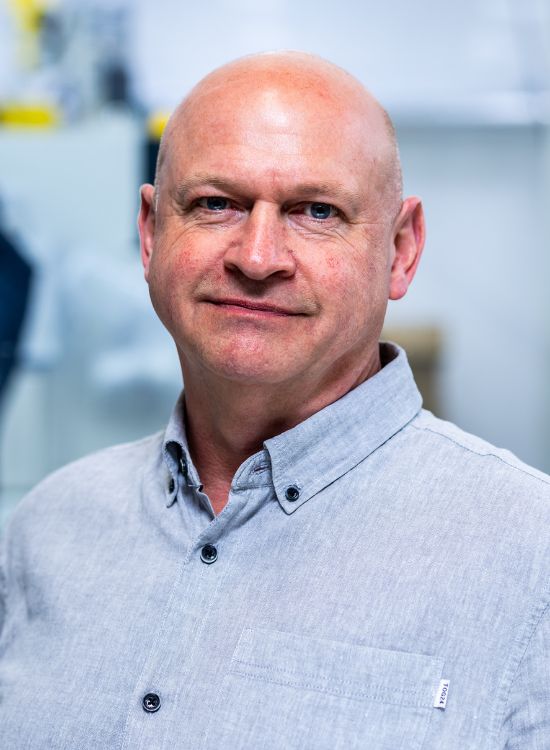
Author: Paul Kearsley,
Technical Manager, Meridian Medical
Paul Kearsley brings a lifetime of engineering expertise to his role as Technical Manager at Meridian Medical. With an HNC in Mechanical Engineering and a foundation built during a four-year engineering apprenticeship, Paul has spent over 40 years running his own design company. Over the decades, he has designed more than 1,000 consumer, industrial, and medical devices, showcasing his ability to deliver innovative solutions across a broad spectrum of industries.
A pioneer in the transition from traditional drafting techniques to modern CAD workflows, Paul began his career on the drawing board, adopted AutoCAD 2D early on, and embraced 3D modelling with SolidWorks in 1997. His vast experience and technical leadership play a key role in Meridian Medical’s commitment to producing high-quality, single-use medical devices.

